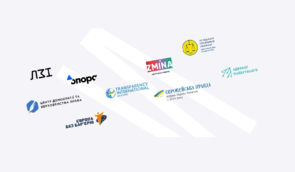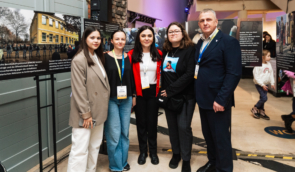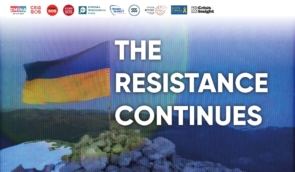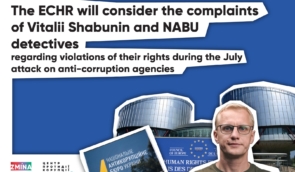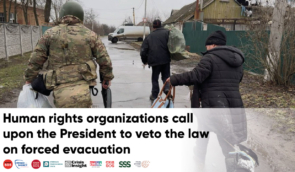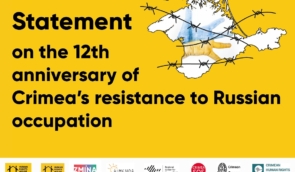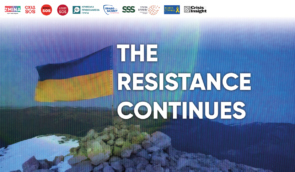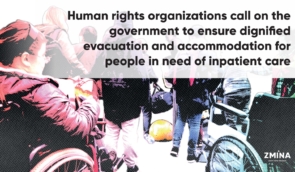People living in the occupied territories must be visible — Alena Lunova spoke at the Kyiv Dialogue in Berlin
On 18–19 November, the 20th Annual Conference of the Kyiv Dialogue took place in Berlin, where Alena Lunova, Advocacy Director of the Human Rights Centre ZMINA, took part. She joined the session “Frontline communities and temporarily occupied territories of Ukraine: addressing Human Security and local needs”, dedicated to the consequences and problems of occupation and the challenges of reintegration.
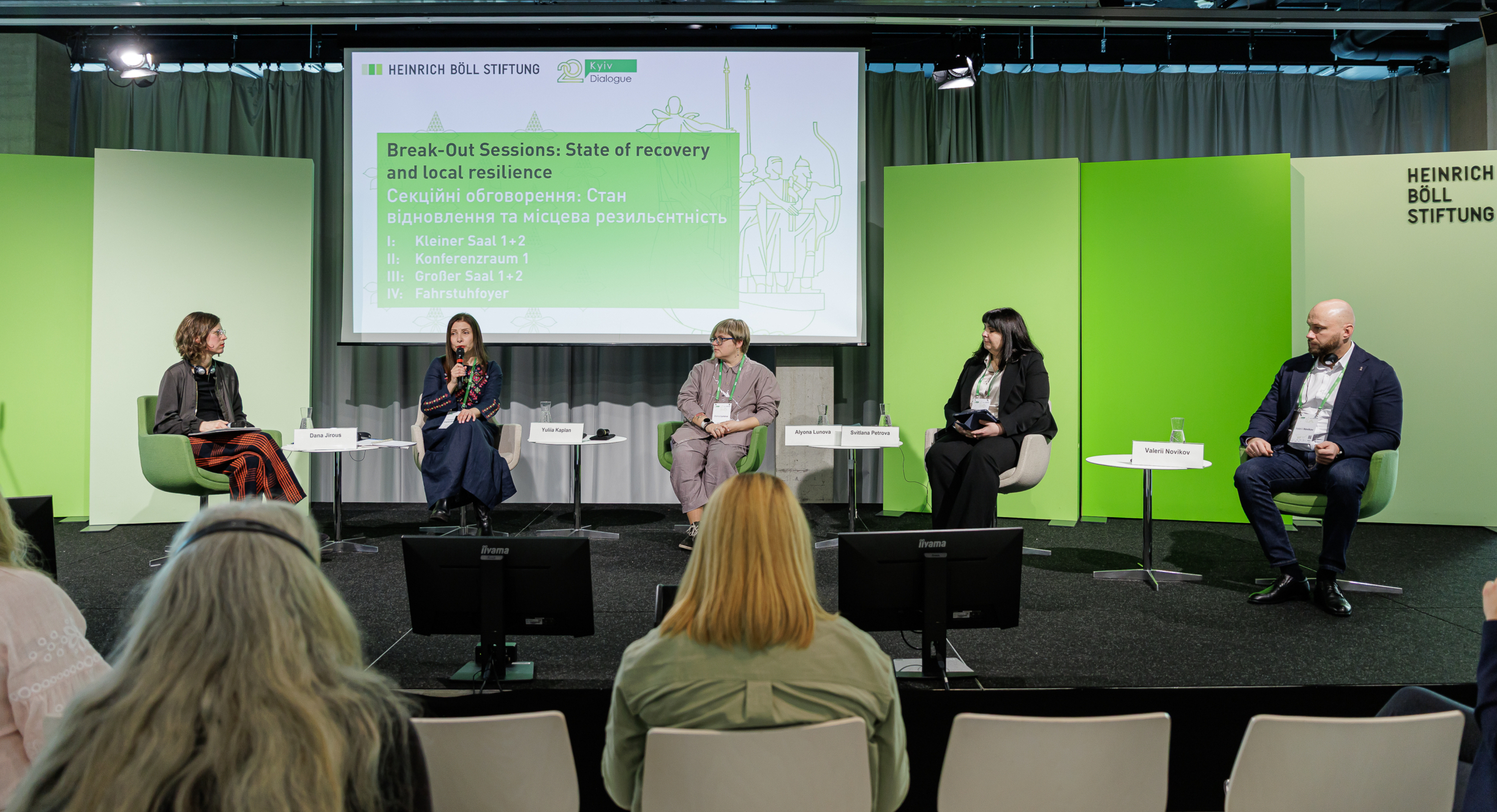
Among the speakers were also: Yuliia Kaplan, Centre of Public Initiatives “Ideas for Change”, Svitlana Petrova, NGO Centre for Law and Mediation and Valerii Novikov, NGO Alternative. The discussion was moderated by Dana Zhirush, OWEN — Mobile Academy for Gender Democracy and Peacebuilding e.V.
Alena Lunova, in her speech, emphasised the need to make people living under occupation or leaving the temporarily occupied territories visible, and stressed that support for such citizens should be a priority for the state and international partners.
The Advocacy Director of ZMINA also noted that systematic human rights violations by the Russian Federation in the occupied territories are part of the aggressor country’s state policy: “Forced mobilisation, imposition of Russian citizenship, deportation of children, destruction of Ukrainian education, seizure of property, violation of the right to a fair trial, enforced disappearances, extrajudicial executions. These are gross violations of human rights that we see in all occupied territories, but they are deliberate actions. The Russian Federation has turned war crimes and crimes against humanity, which we consider to be the mass capture of civilians, into instruments of its state policy towards the occupied territories and their residents. The aim of this policy is to destroy Ukrainian identity, subjugate the civilian population of the occupied territories and intimidate them“.
Lunova also drew attention to the difficulties people face when leaving the occupied territories. Many do not have Ukrainian documents because they reached adulthood during the occupation or because they were unable to acquire passports. This complicates access to medical and social services, movement, and return to Ukraine. In addition, even those who have left for Europe face uncertainty about the possibility of returning after the end of temporary protection.
Other panel participants emphasised the importance of civil society in supporting people in occupied and frontline territories. Speakers discussed the need for coordination between the authorities and civil society organisations, preparations for deoccupation, and taking into account the human dimension in the issues of occupation for future peace negotiations.
The panel discussion showed that visibility and support for people from the occupied territories is not only a humanitarian issue, but also an essential component of a sustainable peace strategy for Ukraine and of security worldwide.
If you have found a spelling error, please, notify us by selecting that text and pressing Ctrl+Enter.

